A conveyor dryer is a drying system that utilizes a perforated belt to transfer feed materials through the dryer. This system involves passing hot air with the belt and the product bed before it is reheated and re-circulated. Read More…
Dürr CTS Inc. is a leading global supplier of environmental solutions and engineered products tailored to meet customers' industrial process requirements. We offer a complete portfolio of air pollution control technologies and drying and curing systems, including industrial dryers and ovens for roll-to-roll processes, web forming processes and conveyor handling of webs, as well as specialized...

At Akona Process Solutions, we are dedicated to engineering advanced industrial dryers that meet the rigorous demands of modern manufacturing and processing industries. We design and build drying systems that deliver precision, consistency, and efficiency, helping our clients achieve optimal production quality and throughput.

At ANDRITZ Separation Inc., we support industries around the world by delivering high-performance drying solutions that optimize efficiency, consistency, and product quality. We design and manufacture advanced dryers engineered to handle everything from fine chemical powders to food ingredients, minerals, and biomass, and we take pride in building systems that perform reliably under the most...

More Conveyor Dryer Manufacturers
Comprehensive Guide to Conveyor Dryers: Types, Applications, Benefits, and Selection
Conveyor dryers are essential industrial drying equipment widely used for removing moisture from a variety of products in manufacturing, food processing, textiles, and chemical industries. Known for their efficiency and versatility, conveyor dryers can be configured as multi-zoned units with independent temperature and airflow controls in each zone, making them highly adaptable to different drying requirements and material characteristics.
Within a conveyor dryer, a central exhaust duct efficiently removes saturated or close-to-saturated air, maintaining optimal drying conditions. Some conveyor dryers utilize a multi-pass system, where the feed is transferred from one belt to another—typically via gravity—to maximize exposure to controlled heat and air flow. Multi-pass conveyor dryers are often three-pass machines, but more complex systems exist, especially in large-scale operations like vegetable dehydration, where multiple belts are aligned in series for continuous processing. This modularity ensures that conveyor dryers can be customized for specific industrial drying needs.

What Are Conveyor Dryers?
Conveyor dryers are continuous drying systems that use a conveyor belt to transport materials through a heated chamber. These systems are designed for high-throughput, uniform drying of bulk solids, coated products, textiles, and more. Users searching for industrial conveyor dryers, continuous belt dryers, or custom conveyor drying systems will find a wide array of options designed for specific throughput, material sensitivity, and energy efficiency requirements.
Are you wondering how conveyor dryers compare to other industrial dryers, such as rotary dryers, tray dryers, or fluid bed dryers? Conveyor dryers stand out for their scalability, gentle product handling, and suitability for both heat-sensitive and robust materials. If you’re considering conveyor dryer solutions, it’s important to understand the different types and their unique advantages.
Types of Conveyor Dryers
Conveyor dryers come in a variety of configurations, each tailored to specific industrial drying applications and energy sources. Below, we explore the most common types of conveyor dryers, their operational principles, and their ideal uses:
Gas Conveyor Dryers
Gas-fired conveyor dryers use natural gas or propane as their primary heat source. These dryers rely on convection to distribute heat evenly throughout the drying chamber. Unlike electric conveyor dryers, gas dryers apply heat more gently and can achieve significant operational cost savings.

Key benefits of gas conveyor dryers include:
- Up to 30% lower energy costs compared to electric conveyor dryers
- Consistent temperature control for sensitive materials
- Faster heating capabilities for high-volume operations
Although the initial investment in a gas conveyor dryer may be higher, the long-term energy savings and reduced operational costs make them a preferred choice for many manufacturers, especially in applications such as food processing dryers, ceramic dryers, and powder coating curing ovens.
Electric Conveyor Dryers
Electric conveyor dryers provide a reliable alternative to gas-powered systems. These dryers utilize electric heating elements to produce the desired drying temperatures. When evaluating electric conveyor dryers, it is important to consider your facility’s electrical infrastructure and energy costs, as well as the specific industrial drying application.
Advantages of electric conveyor dryers include:
- Precise temperature regulation and uniform heat distribution
- No combustion byproducts, resulting in a cleaner drying environment
- Ideal for small to medium production runs and facilities lacking gas infrastructure
However, electric conveyor dryers can be more expensive to operate in regions with high electricity costs. Many users choose electric conveyor dryers for screen printing dryers, pharmaceutical dryers, and specialized applications where exact temperature control is required.
Single-Pass Conveyor Dryers
Single-pass conveyor dryers are designed for materials that only require one exposure to the drying process. Products travel through these machines on a single conveyor belt, allowing for precise control over residence time and temperature profiles.
These dryers are often used for:
- Food dehydration (e.g., fruits, vegetables, grains)
- Textile drying (e.g., printed or dyed fabrics)
- Industrial parts finishing
Single-pass designs maximize efficiency and product uniformity, making them a top choice for batch and continuous production lines.
Vac Flow Conveyor Dryers
Vacuum flow (Vac Flow) conveyor dryers use high-pressure, high-velocity air streams to accelerate drying rates, particularly for products requiring rapid moisture removal. The high-resistance conveyor ensures even exposure to the drying air, making these systems highly effective for powdered materials, granular products, and high-moisture slurries.
Laminar Flow Conveyor Dryers
Laminar flow conveyor dryers are engineered to dry sheet products, extruded goods, pelletized plastics, and seeds with minimal product disturbance. The controlled laminar airflow prevents product displacement and ensures a uniform drying profile.
With adjustable conveyor speeds and customizable layer thicknesses, laminar flow conveyor dryers can function as either continuous dryers or automated vertical coolers. Their versatility makes them invaluable in plastics manufacturing, seed processing, and chemical production lines.
Multistage Conveyor Dryers
Multistage conveyor dryers feature several conveyor belts arranged in series or parallel. Material is transferred from one belt to the next, re-orienting the product and allowing for deeper bed depths and more efficient use of available space. This design is especially suited for high-capacity, large-scale operations such as agricultural crop drying, animal feed production, and bulk chemical drying.

Are you scaling up your production and need a high-throughput dryer? Multistage conveyor dryers may be the key to increasing throughput and maintaining product quality.
Industrial Applications of Conveyor Dryers
Conveyor dryers have a broad spectrum of industrial applications, making them a preferred choice for manufacturers seeking efficient, continuous drying solutions. Some of the most common uses include:
- Coating and Finishing: Drying metal parts after painting or powder coating, such as painted mild steel, stainless steel, and aluminum components.
- Textile Printing: Curing printed t-shirts, hoodies, and other garments for the screen printing and apparel industries.
- Food Processing: Dehydrating fruits, vegetables, cereals, snacks, and pet foods to extend shelf life while preserving flavor and nutrients.
- Chemical and Pharmaceutical Manufacturing: Drying powders, granules, tablets, and specialty chemicals under controlled conditions.
- Plastic and Rubber Industries: Removing moisture from pelletized raw materials, films, and extruded products.
- Electronics: Drying printed circuit boards (PCBs), electronic components, and assemblies to ensure product reliability.
- Paper and Pulp: Drying coated or printed paper products, specialty papers, and fibrous materials.
- Recycling and Waste Management: Drying sludge, plastics, and other reclaimed materials for easier handling and processing.
Looking for a conveyor dryer for a specific application? Explore leading manufacturers to find a solution tailored to your process requirements.
Key Benefits of Conveyor Dryers
Why invest in a conveyor dryer? Here are some of the top advantages that make conveyor dryers a smart choice for industrial drying:
- Ideal for Heat-Sensitive Products: Gentle, controlled drying prevents product degradation and preserves integrity.
- Uniform and Efficient Drying: Direct contact with heated air or gas streams ensures even moisture removal.
- Energy Efficiency: Many conveyor dryers recycle processed air, reducing overall energy consumption.
- Flexible Temperature and Process Control: Multi-zone designs allow for custom temperature profiles and drying phases.
- Excellent Heat Transfer: Optimized airflow and belt design maximize energy transfer to the product.
- Customizable Airflow Between Zones: Adjustable flows accommodate diverse product types and moisture loads.
- Gentle Material Handling: Conveyor belts provide smooth transport, minimizing product breakage or dust generation.
- Self-Contained Construction: Distributed loading and integral cooling sections simplify installation and integration.
- Scalability: Conveyor dryers are available in a wide range of sizes and configurations, from pilot-scale to full-scale industrial systems.
Curious about how conveyor dryers can improve your production line’s efficiency? Contact a conveyor dryer specialist to discuss your application and energy-saving opportunities.
Potential Drawbacks and Maintenance Considerations
- High-Temperature Challenges: Prolonged exposure to elevated temperatures can affect sensitive components and increase maintenance needs.
- Belt Tracking Issues: Maintaining proper belt alignment is crucial to prevent jams and ensure consistent drying.
- Heater and Belt Clogging: Accumulation of product or particulate can impede air flow and heat transfer, requiring regular cleaning.
- Loss of Fine Particles: Small product particles may be lost through perforated belts, affecting yield and cleanliness.
Regular preventive maintenance, proper belt selection, and cleaning protocols are essential to maximize performance and minimize downtime. If you’re wondering about conveyor dryer maintenance best practices or troubleshooting common issues, reach out to experienced manufacturers for detailed maintenance guides.
How to Select the Right Conveyor Dryer
Choosing the best conveyor dryer for your operation depends on several critical factors. To ensure optimal performance, efficiency, and ROI, consider the following when evaluating conveyor dryer manufacturers and models:
- Material Characteristics: What are the size, shape, moisture content, and thermal sensitivity of your product?
- Required Throughput: What is your desired hourly or daily production capacity?
- Energy Source: Do you have access to reliable gas or electric power? What are your energy cost constraints?
- Space Limitations: How much floor space is available for installation?
- Process Integration: Does your drying process need to interface with upstream or downstream equipment (e.g., coating, cooling, or packaging lines)?
- Automation and Controls: Do you require advanced automation, remote monitoring, or data logging capabilities?
- Environmental Considerations: Are there emissions, noise, or sanitation requirements to address?
- Budget and Total Cost of Ownership: Consider not only purchase price but also installation, maintenance, and ongoing operating costs.
For a step-by-step guide on selecting the right conveyor dryer, ask yourself: “What is the primary application for my dryer?” and “Which drying parameters are most critical for my process?”
Comparing Conveyor Dryer Manufacturers and Suppliers
To achieve the best results when investing in a conveyor dryer, it’s essential to compare offerings from multiple reputable manufacturers. Our conveyor dryer manufacturer directory features in-depth business profiles, experience highlights, and direct contact forms for quick, informed communication. Use the patented website previewer to assess each manufacturer’s specialties, product range, and industry focus.
Ready to request pricing or technical information? Complete our simple RFQ form to reach out to several conveyor dryer suppliers at once, streamlining your decision-making process.
Frequently Asked Questions About Conveyor Dryers
- What types of products can be dried with conveyor dryers?
- Conveyor dryers are suitable for foods, textiles, chemicals, electronics, metals, plastics, and more.
- How do conveyor dryers improve energy efficiency?
- Features like air recirculation, multi-zone heating, and advanced controls help minimize energy use while maximizing drying performance.
- Can conveyor dryers be customized for specific processes?
- Yes, conveyor dryers can be tailored with variable belt speeds, temperature zones, airflow configurations, and integration with other equipment.
- What maintenance is required for conveyor dryers?
- Routine cleaning, belt inspection, and preventive maintenance ensure safe, efficient operation and extend equipment lifespan.
- How do I size a conveyor dryer for my facility?
- Work with manufacturers to assess your product volume, moisture load, and available space to determine the optimal dryer dimensions and features.
Get Started: Find the Right Conveyor Dryer Solution
Whether you need a high-capacity belt dryer for bulk food processing, a custom conveyor drying oven for electronics, or an energy-efficient solution for specialty chemicals, conveyor dryers offer unmatched versatility and performance. With a wide range of options available, choosing the right conveyor dryer can transform your production efficiency, product quality, and operational cost structure.
Ready to take the next step? Compare top conveyor dryer manufacturers, request a quote, or consult with an expert to design a drying system tailored to your business goals.
Still have questions? Explore our resources or ask a conveyor dryer expert to get personalized recommendations for your application.
Optimize your industrial drying process with a state-of-the-art conveyor dryer designed for your unique needs. Increase productivity, ensure consistent product quality, and achieve significant energy savings—discover the best conveyor dryer for your business today.




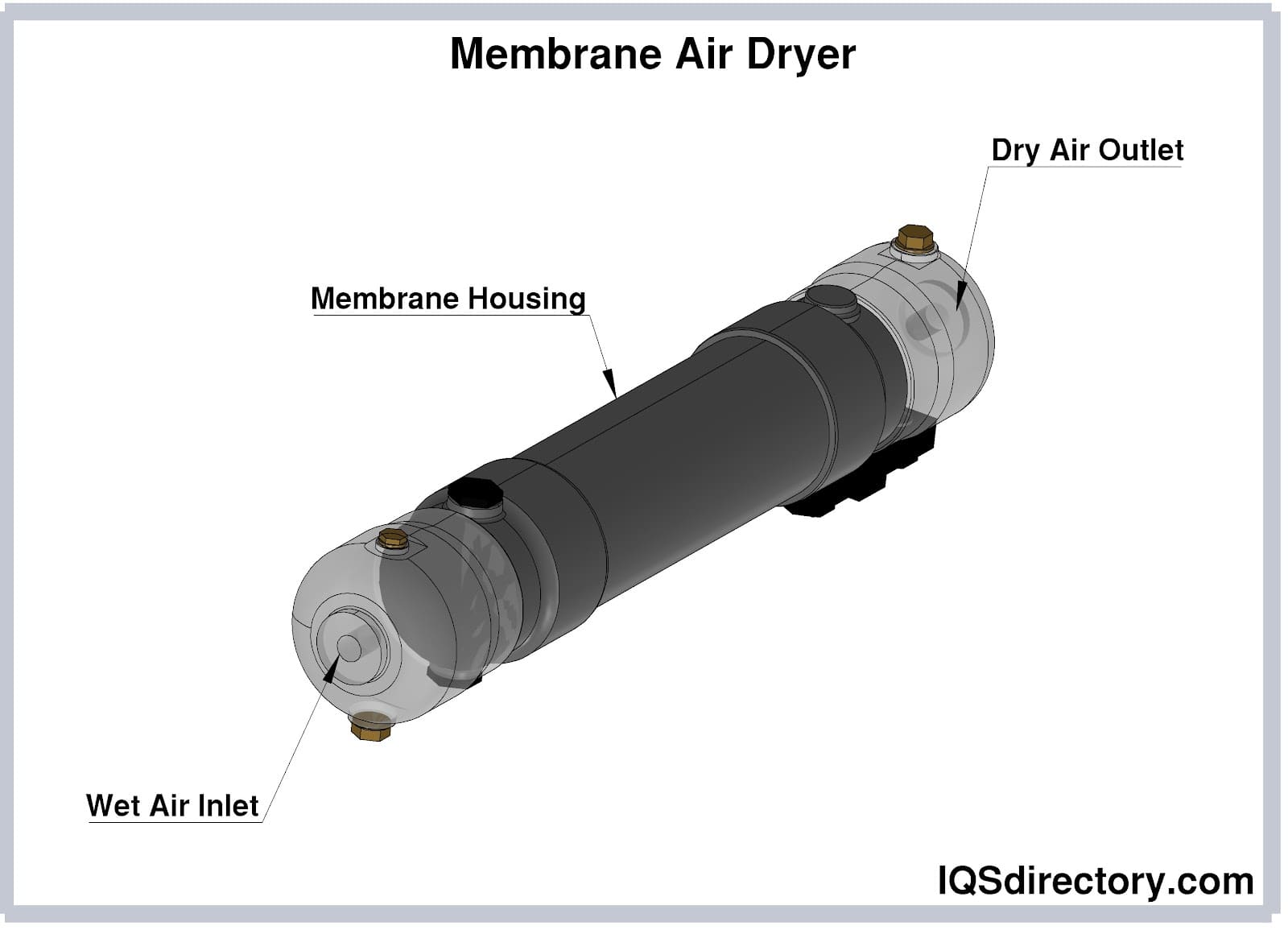
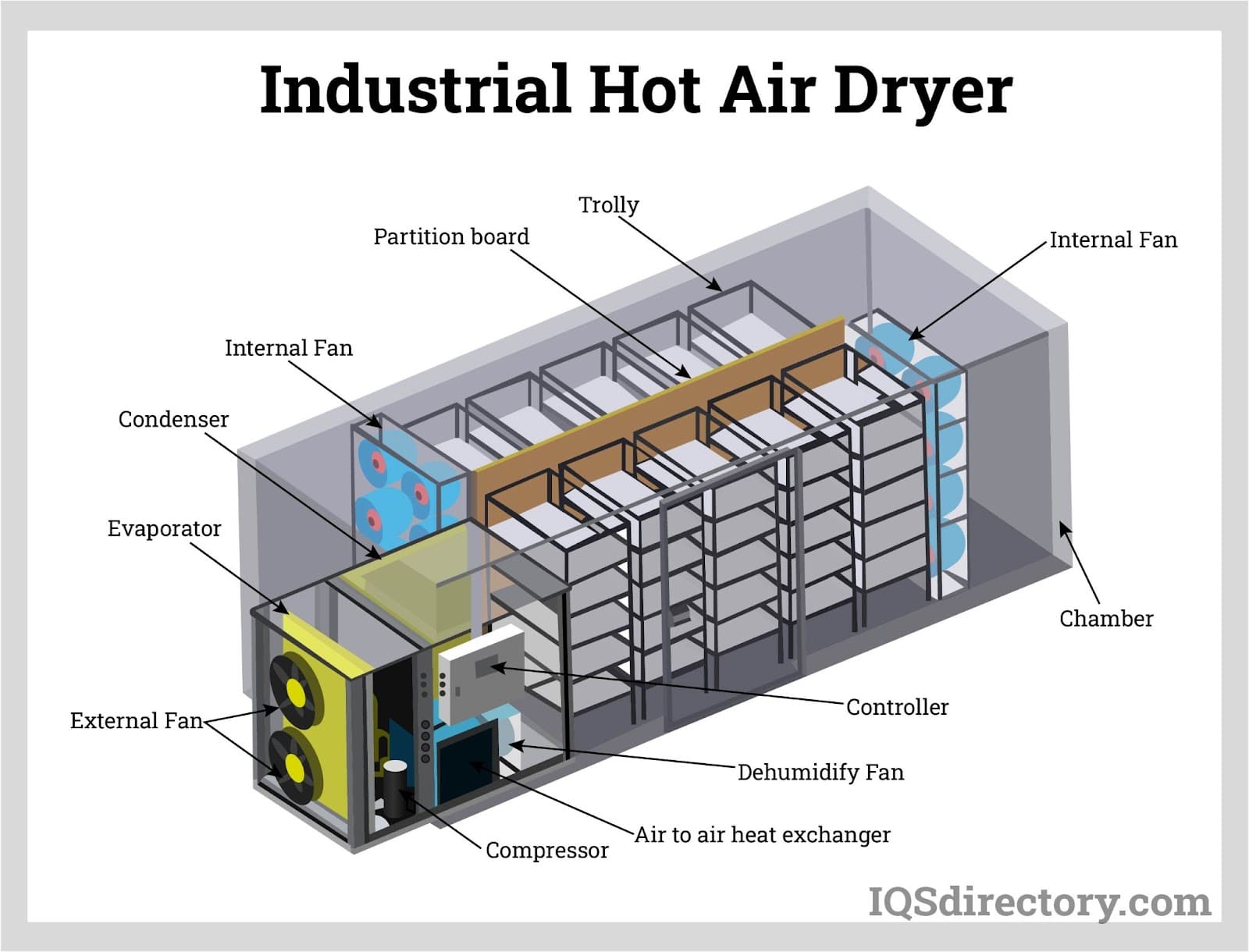
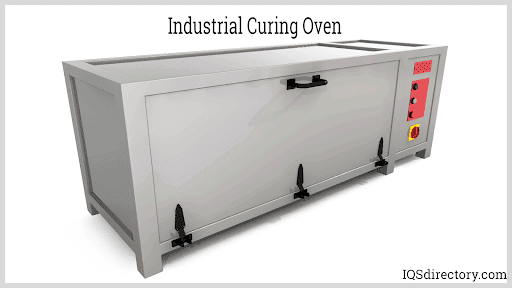
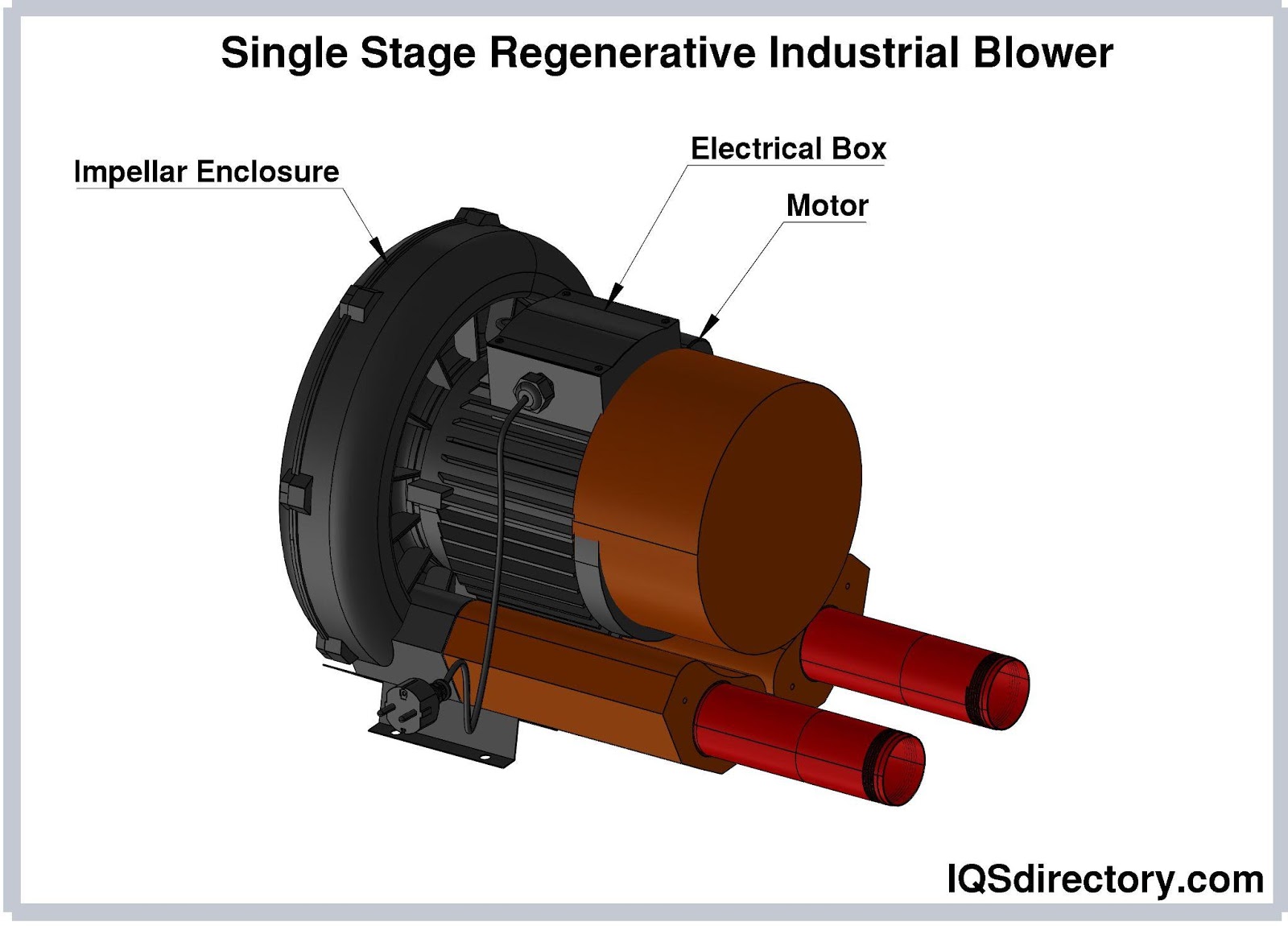
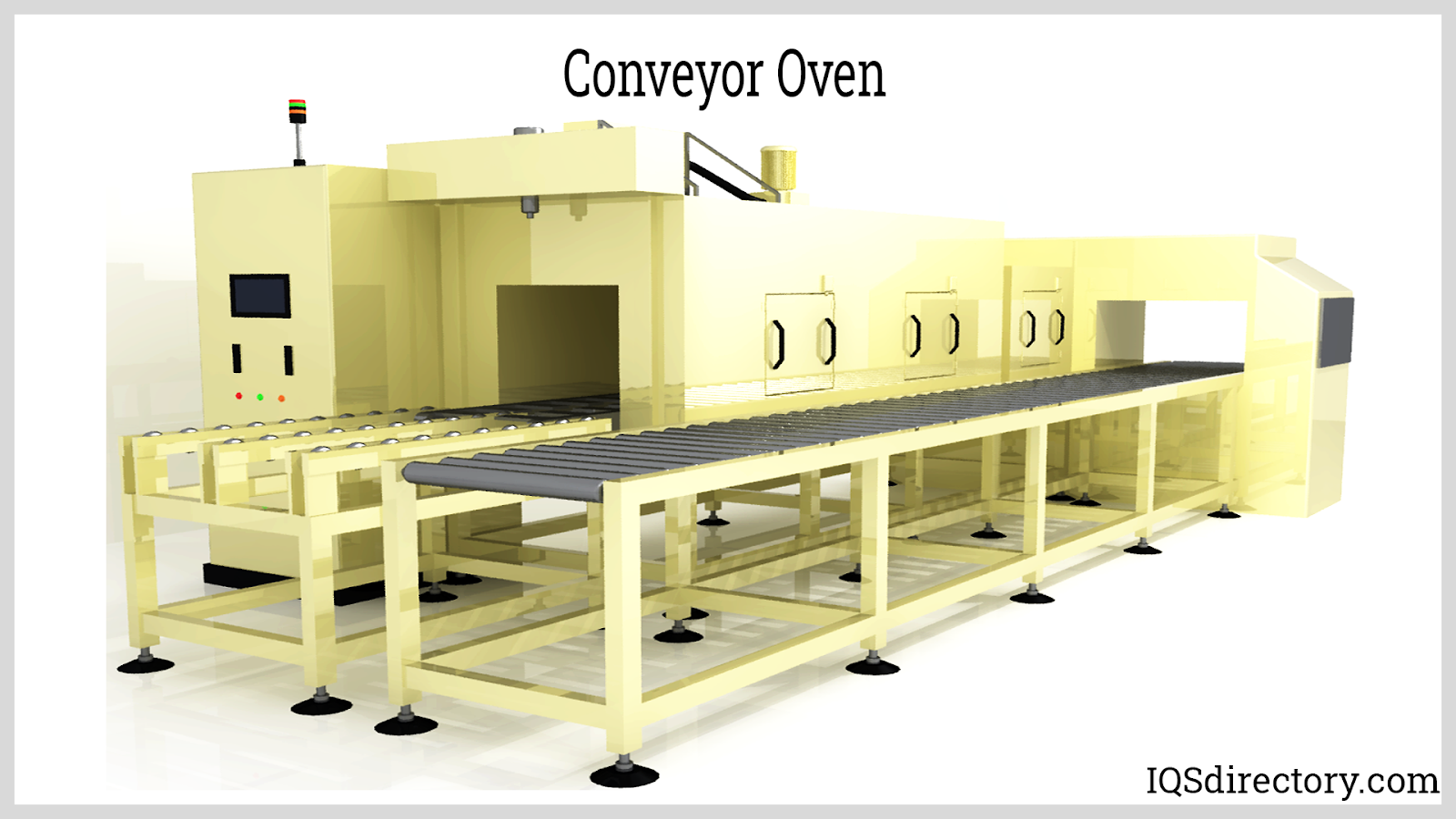
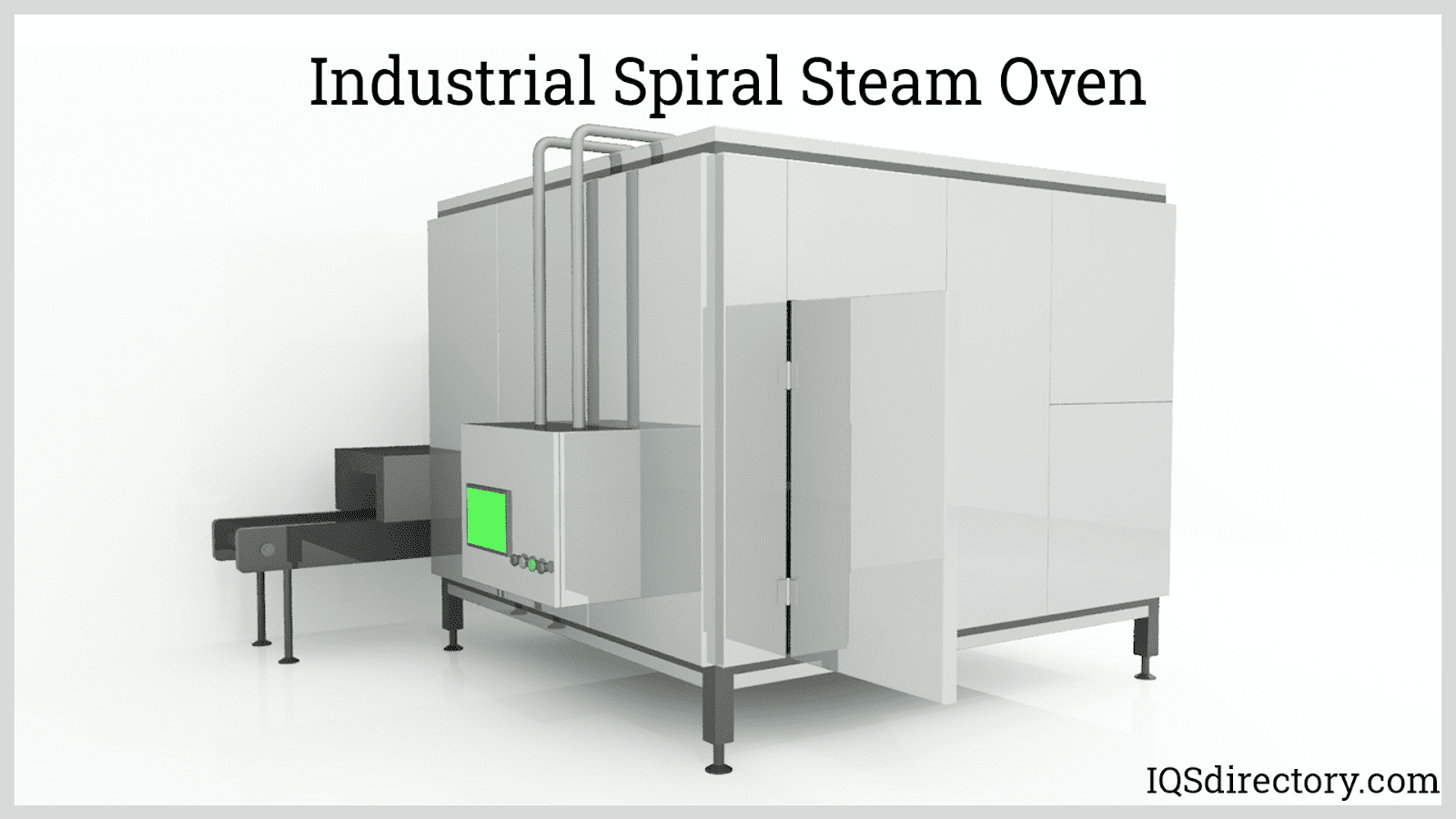
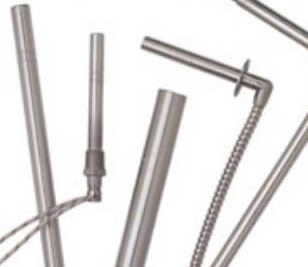 Electric Heaters
Electric Heaters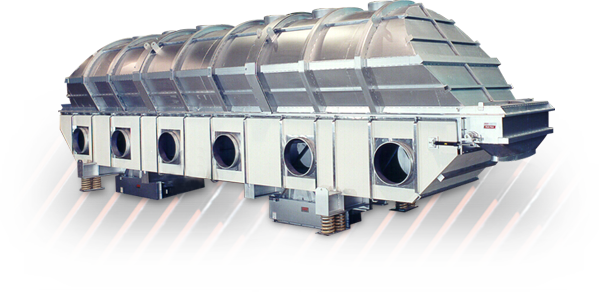 Industrial Dryers
Industrial Dryers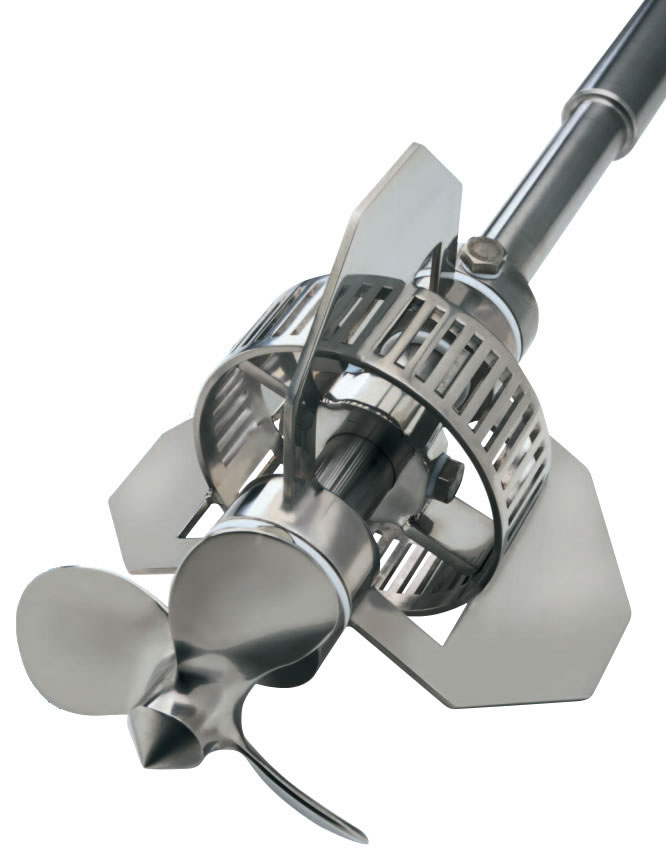 Industrial Mixers
Industrial Mixers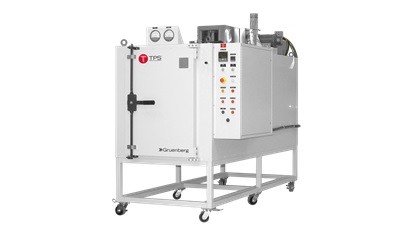 Industrial Ovens
Industrial Ovens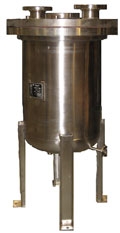 Pressure Vessels
Pressure Vessels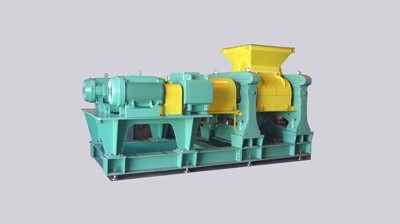 Pulverizers
Pulverizers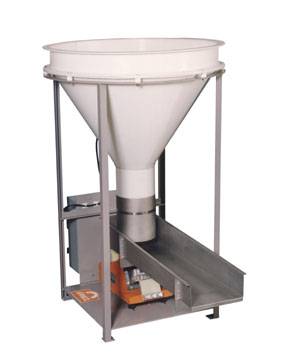 Vibratory Feeders
Vibratory Feeders Castings & Forgings
Castings & Forgings Bulk Material Handling
Bulk Material Handling Electrical & Electronic Components
Electrical & Electronic Components Flow Instrumentation
Flow Instrumentation Hardware
Hardware Material Handling Equipment
Material Handling Equipment Metal Cutting Services
Metal Cutting Services Metal Forming Services
Metal Forming Services Metal Suppliers
Metal Suppliers Motion Control Products
Motion Control Products Plant & Facility Equipment
Plant & Facility Equipment Plant & Facility Supplies
Plant & Facility Supplies Plastic Molding Processes
Plastic Molding Processes Pumps & Valves
Pumps & Valves Recycling Equipment
Recycling Equipment Rubber Products & Services
Rubber Products & Services